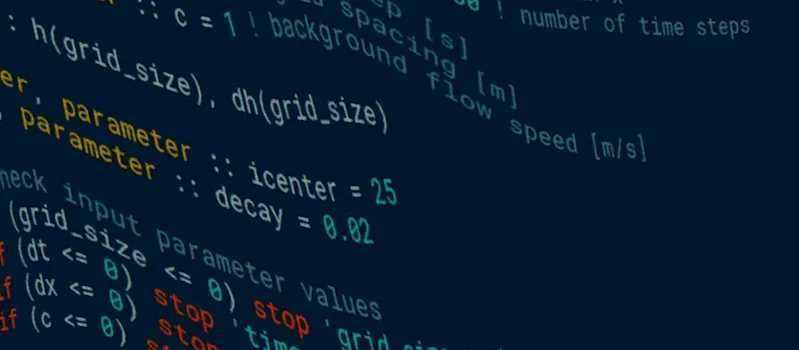Some Pleasingly Parallel GPU Case Studies in Machine Learning

In a previous blog, we discussed ways we could use multiprocessing and
mpi4py together to use multiple nodes of GPUs. We will cover some machine
learning principles and two examples of pleasingly parallel machine learning
problems. Also known as embarrassingly parallel problems, I rather call them
pleasingly because there isn't anything embarrassing when you design your
problem to be run in parallel. When doing so, you could launch very similar
functions to each GPU and collate their results when needed.











